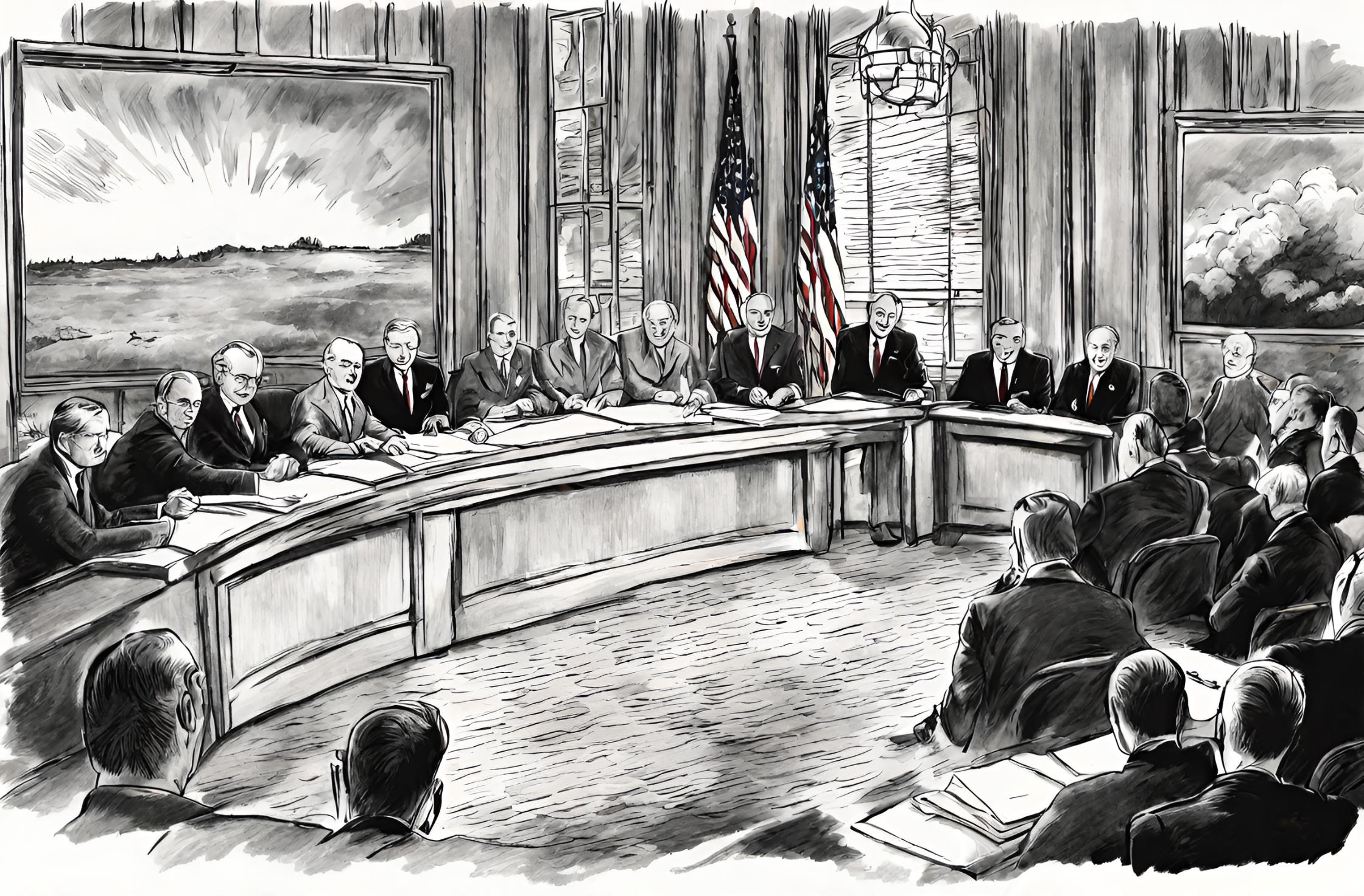Flashback to January 7
American History

On January 6, 1980, a significant event took place in the world of navigation and timekeeping – the Global Positioning System (GPS) time epoch officially began at 00:00 UTC. This event marked a milestone in the development and widespread adoption of GPS technology, which has become an integral part of our daily lives.
The GPS time epoch refers to the starting point for measuring time in the GPS system. Prior to this epoch, there was no standardized and precise way to measure time across the globe. Different countries and organizations used their own timekeeping systems, leading to inconsistencies and challenges in navigation and coordination.
With the establishment of the GPS time epoch, time became a universal and precisely measured quantity. This allowed for accurate synchronization of clocks and devices across different locations, enabling the seamless functioning of the GPS system.
The GPS time epoch is defined by the number of seconds that have passed since the start of the epoch. This number is represented as the GPS week number and the seconds of the week. The week number resets every 1024 weeks, or approximately every 19.7 years, while the seconds of the week roll over every 604,800 seconds, or 7 days. These rollovers are known as “GPS week rollovers” and can potentially cause issues with older GPS devices that are not designed to handle them.
To ensure the smooth functioning of GPS devices, it is important to account for these rollovers and update the devices’ software accordingly. This is particularly crucial for critical applications that rely heavily on GPS, such as aviation and transportation systems.
The GPS time epoch has had a profound impact on various industries and everyday activities. GPS technology is widely used for navigation, both in vehicles and on personal devices such as smartphones. It has revolutionized the way we find our way while traveling, making it easier and more efficient to reach our destinations.
In addition to navigation, GPS has numerous other applications. It is used in surveying and mapping, allowing for precise measurements and accurate geographical representations. GPS is also utilized in scientific research, such as tracking and studying the movement of wildlife. Furthermore, it plays a vital role in timekeeping and synchronization for telecommunications, financial transactions, and power grid management.
The adoption and integration of GPS into our daily lives have not been without challenges. Technical limitations and signal obstructions can affect the accuracy and reliability of GPS devices. However, continuous advancements in technology and the development of complementary systems, such as Europe’s Galileo and China’s Beidou navigation systems, aim to enhance and improve the performance of GPS in the future.
As we reflect on the significance of the Global Positioning System time epoch that began on January 6, 1980, we appreciate the impact it has had on our lives. From finding our way to precise mapping and scientific research, GPS has become an indispensable tool. As technology continues to evolve, we can expect further advancements and innovations in navigation and timekeeping, with GPS playing a central role.
We strive for accuracy. If you see something that doesn't look right, click here to contact us!
Sponsored Content

One of the worst…
On January 7, 1996,…

US President Harry Truman…
On January 7, 1953,…

Lewis F Powell Jr…
On January 7, 1972,…

United Express commuter plane…
On January 7, 1994,…

The first American commercial…
On January 7, 1782,…

US Congress doubles Presidential…
On January 7, 1969,…

